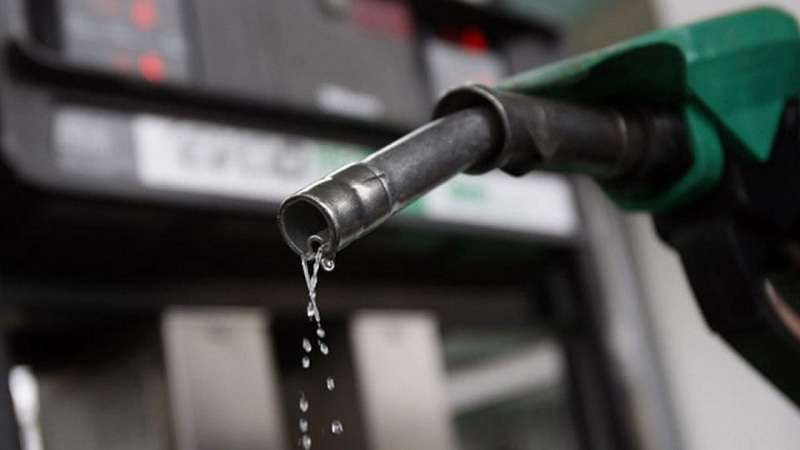Karachi, April 2, 2024 – In a bid to tackle climate change and reduce carbon emissions, Pakistan is contemplating the introduction of a carbon levy on the sale of petroleum products.
This levy, if implemented, would serve as an additional source of revenue for the government, aimed at funding environmental initiatives and mitigating the impacts of climate change.
Sources familiar with the matter have revealed that the proposed carbon levy would be imposed on each liter of petroleum product sold, supplementing the existing petroleum levy currently charged by the government. The revenue generated from this levy would be channeled through the Federal Board of Revenue (FBR) and utilized by the Ministry of Environment to support environmental conservation efforts.
The consideration for implementing a carbon levy comes as part of the government’s recent drive to address environmental concerns and create a more sustainable living environment. While there were speculations regarding the imposition of sales tax on petroleum products, the government is reportedly hesitant due to its potential inflationary impact on the masses. Currently, the sales tax rate on petroleum products stands at zero percent, and any decision to impose sales tax would require careful consideration of its economic implications.
It is anticipated that the government may expedite the implementation of the carbon levy through a presidential ordinance, instead introducing in budget scheduled for June. However, later it would be approved from both the houses.
This approach would enable swift action to address pressing environmental challenges and signal Pakistan’s commitment to climate action on the global stage.
Recent data released by the Ministry of Finance highlights a significant increase in the collection of petroleum levy, indicating a surge of 166 percent during the first half of the current fiscal year. This substantial rise underscores the potential of leveraging fiscal mechanisms, such as carbon levies, to generate revenue while promoting environmental sustainability.
A carbon levy operates as a price signal, reflecting the environmental impact of greenhouse gas emissions associated with fossil fuels. By imposing a levy based on the carbon content of fuels, the levy incentivizes the adoption of cleaner energy sources and encourages investment in energy-efficient technologies. Additionally, it contributes to mitigating climate change by reducing greenhouse gas emissions, thereby safeguarding ecosystems and promoting global sustainability.
Many countries have already implemented carbon levies as part of their climate mitigation strategies. Beyond its environmental benefits, a carbon levy offers significant fiscal advantages, providing governments with resources to finance climate-related initiatives and support the transition to a low-carbon economy. Furthermore, by incentivizing innovation and entrepreneurship in clean energy technologies, the levy fosters economic growth while addressing pressing environmental challenges.
